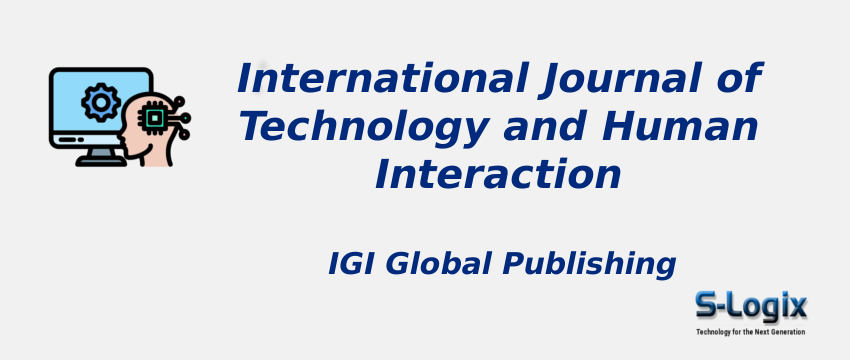Journal Home: Journal Homepage
Editor-in-Chief: Anabela MesquitaÂ
Print ISSN: 15483908
Electronic ISSN: 15483916
Abstracting and Indexing: Scopus
Imapct Factor 2024: 0.9
Subject Area and Category: Computer Science, Human-Computer Interaction, Information Systems
Publication Frequency:
H Index: 24
Q1:
Q2:
Q3:
Q4: Human-Computer Interaction
Cite Score: 1.9
SNIP: 0.306
Journal Rank(SJR): 0.225
Guidelines for Authors: International Journal of Technology and Human Interaction Author Guidelines
Publisher: IGI Publishing
Country: United States
